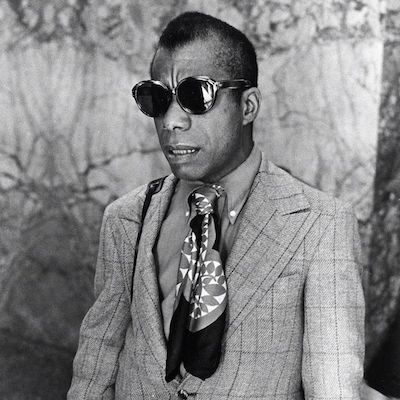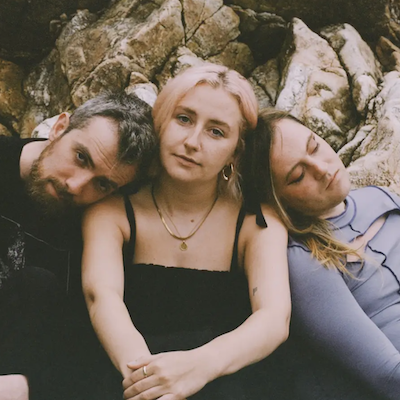
Technically Black History Month ended on 31st October, but let’s be real, Black History needs to be told every day, not just one month a year, so here we have Mzz Kimberley‘s last history lesson on Friday 2nd November – writer and commentator James Baldwin.
James Baldwin (1924-1987)
Born in New York, James Baldwin spent most of his adult life in France, which, he said, saved him. Despite growing-up in the same neighbourhood as many of the writers of the Harlem Renaissance, Baldwin was first to be inspired by a painter – Beauford Delaney, whom he met when Baldwin was 15. Delaney was ‘the first living proof, for me, that a black man could be an artist,’ wrote Baldwin in 1985. They were also both gay.
Baldwin’s second novel Giovanni’s Room (1956) explicitly deals with homosexual themes. It tells the love affair between two men, an American and an Italian, living in Paris. The author said that his publisher first told him to burn the book because the story would alienate him from his Black audience.
In 1963 Baldwin came back to America to tour the south, supporting the Civil Rights Movement, earning himself a Time magazine cover. ‘There is not another writer, who expresses with such poignancy and abrasiveness the dark realities of the racial ferment in North and South,’ read the Time editorial about him.
Baldwin was friends with Martin Luther King Jr and Malcolm X but was a victim of homophobia in Black Panther Party leader Eldridge Cleaver’s 1968 collection of essays Soul on Ice.
Maya Angelou called Baldwin her ‘friend and brother’, and credited him for ‘setting the stage’ for her 1969 autobiography I Know Why the Caged Bird Sings.
James Baldwin’s FBI file contains 1,884 pages of documents, collected from 1960 until the early 1970s. During that era of illegal surveillance of American writers.
Baldwin also made a prominent appearance at the March on Washington for Jobs and Freedom on August 28, 1963, with Belafonte and long-time friends Sidney Poitier and Marlon Brando. The Civil Rights Movement was hostile to homosexuals. The only known gay men in the movement were James Baldwin and Bayard Rustin.
When Baldwin died in the south of France in 1987, novelist Ralph Ellison said, ‘America has lost one of its most gifted writers and one of the most important American essayists, black or white’.
Watch James Baldwin be interviewed on BBC’s Bookshelf in 1963 below.









